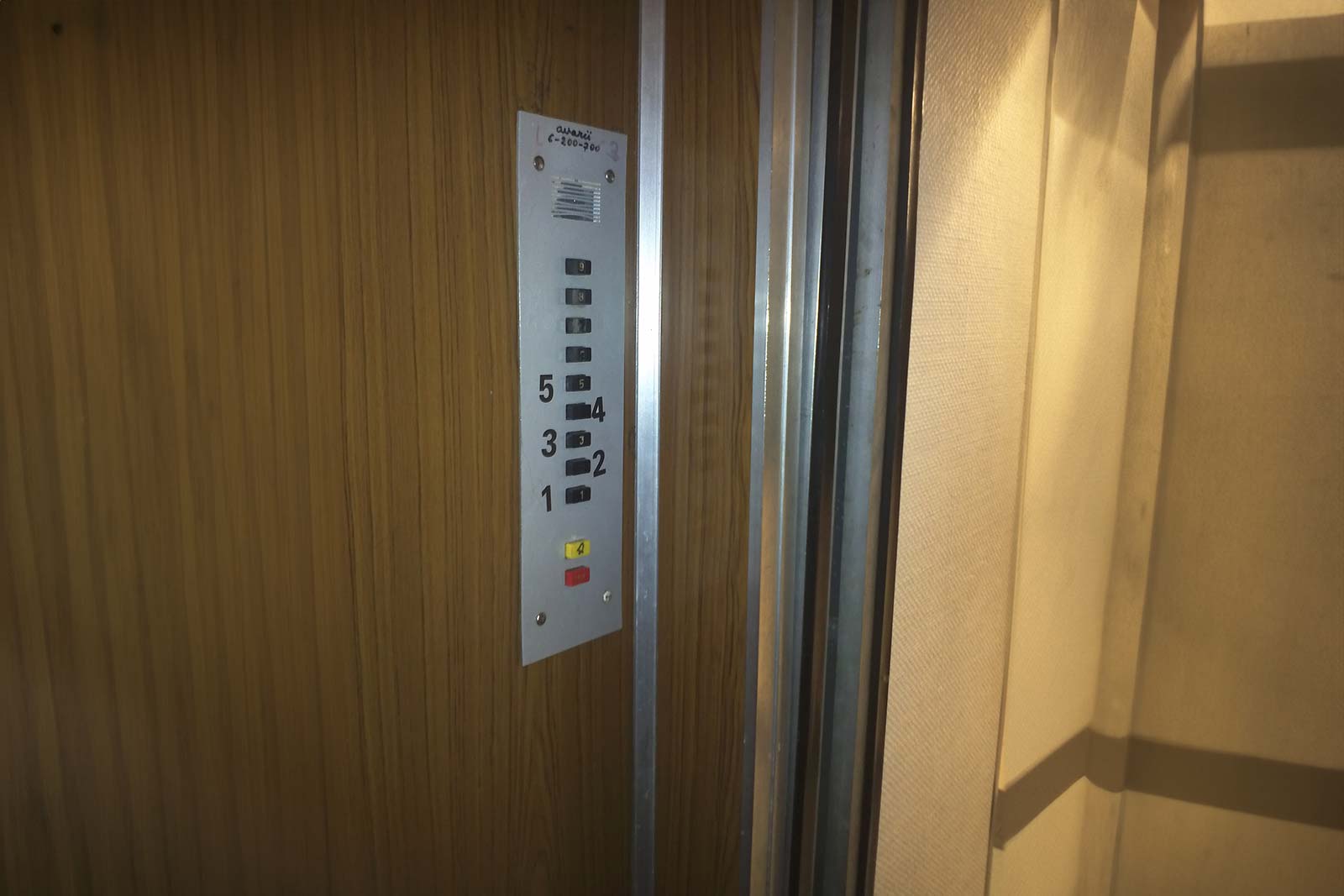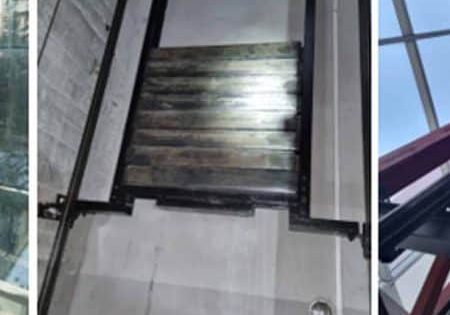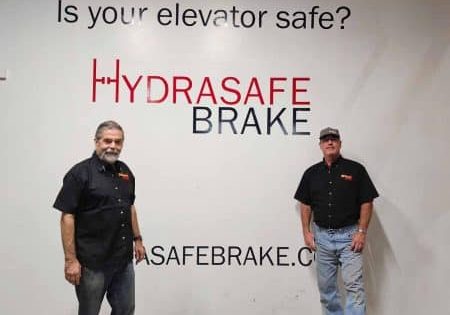Critical Situation
Jun 1, 2024

Russia needs to replace 100,000 elevators by 2025, but challenges loom.
by Eugene Gerden
The situation in the Russian elevator sector continues to deteriorate as ever-tightening sanctions and chronic underfunding prevent the renewal of the country’s huge elevator stock. This year, at least 100,000 elevators must be replaced in Russia. However, no funds exist for such replacements, meaning that millions of people who live in apartment buildings (which is still common in Russia) are at risk. In recent months, the number of elevator accidents has significantly increased. Local elevator equipment manufacturers, meanwhile, are complaining about a lack of funds.
According to rough statistics from the Russian Ministry of Emergency Situations, approximately 30-40 accidents involving elevators in Russia occur per year, with 10-15 fatalities and 30-40 people being injured. Most analysts expect these figures to significantly increase as early as this year. According to data from the Russian General Prosecutors Office, the highest risks are being observed in Russian regions Udmurtia, Chuvashia, Altai, Murmansk, Nizhny Novgorod and Samara.
Data from the Russian National Elevator Union shows that, by the beginning of 2025, the operational life of approximately 100,000 elevators (out of the more than 550,000 overall elevator stock in Russia) in apartment buildings across the country will expire as the units’ service life will exceed 25 years. In reality, the operational life of some of these elevators has already exceeded 50 years, due to the fact they were part of buildings of the Brezhnev era in 1970s.
According to Russia’s Novye Izvestia business newspaper, the replacement of approximately 45,000 of them is not provided with funding. At the same time, many elevators have already begun to break down, which is confirmed by official accident statistics.
In 2023 alone, there were approximately 10 high-profile emergencies involving elevators. The most resonant cases were in residential buildings:
- An elevator with a teenager fell from the 11th floor in Moscow.
- In Krasnodar, the elevator cabin fell from the eighth floor.
- In Kazan, an elevator fell from a height and stopped between the first and second floors.
Several accidents occurred in public offices and retail spaces. For example, in the city of Samara, an elevator fell in a shopping center. In Perm, an elevator serving a large hospital fell with 12 patients inside. One of the reasons for such incidents is the lack of components and parts for servicing, as well as a scarcity of skilled engineers and elevator attendants, many of whom left the profession due to low salaries.
According to Svetlana Razvorotneva, deputy chairman of the Committee of Housing and Communal Services of the Russian Parliament (State Duma), the current situation with elevators in Russia remains complex. Razvorotneva observes:
“I’m not sure that the elevators will have time to be replaced by the time they wear out or by the beginning of 2025, as required by regulatory documents. I think their validity period will be extended, but this will not help to solve the problem. The cables will start to break, and there will be accidents. I think this will be a disaster comparable to what is happening now in the Russian housing and communal services system and heating networks. The situation is critical. Now, everyone is looking for a way out.”
The situation is also complicated by ever-rising prices for elevators, which in recent months have, in some cases, more than doubled. Today, the cost of one of the cheapest elevators is estimated at approximately RUB3 million (US$32,500), which is a big sum for Russia. As a result, purchases have declined, with a simultaneous increase in demand for cheaper domestic elevators.
As for domestic production, in 2023 the production of elevators in Russia amounted to approximately 25,000 units. Despite the recent spike in demand, most elevator factories in Russia remain highly underutilized. This is due to the fact that developers often choose Asian elevator equipment and have not completely switched to Russian elevators, especially for new buildings and premium housing.
In accordance with the Technical Regulations of the Customs Union (the economic union of Russia, Kazakhstan, Belarus and some other post-Soviet states), elevator replacement must be completed by February 2025. In general, the deadline was initially set for 2020, but the Customs Union extended it.
Most local analysts, however, have serious doubts about the ability of elevator operators to fulfill their obligations and meet deadlines, due mostly to the high RUB3-million (US$32,500) cost per unit. Counter to many analysts’ predictions, the Russian economy was able to overcome most of the negative consequences of Western sanctions. However, amid ever-growing military spending, the federal government has no plans to provide even half of such a sum.
This is also confirmed by the refusal this year of the Russian Ministry of Finance to provide subsidies to the domestic elevator sector. In this regard, the biggest hopes are pinned on regional authorities and regional budgets, although their available resources, according to data from the National Elevator Union, ensure the annual replacement of no more than 20,000 elevators.
Part of the plan is to accumulate funds on the basis of so-called capital-repair funds, which are generated by residents of almost every Russian apartment building.
The government, from its side, plans to provide some customs and tax benefits to the elevator sector, such as exemption from a value-added tax, which should contribute to reducing the cost of elevators by 10-20%.
Get more of Elevator World. Sign up for our free e-newsletter.









